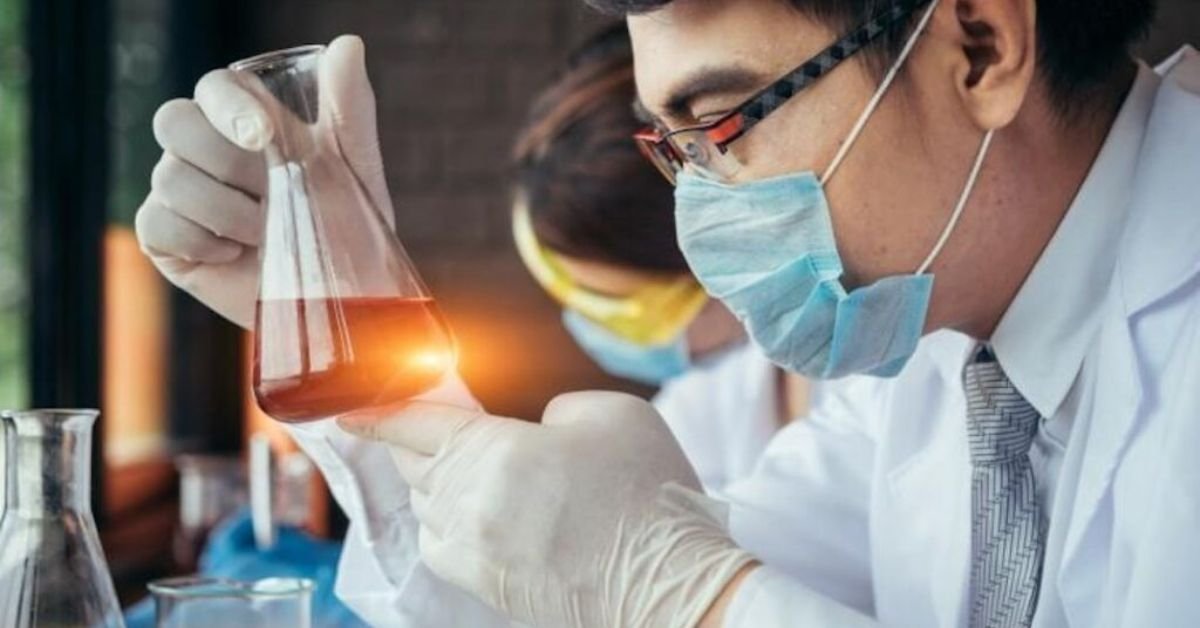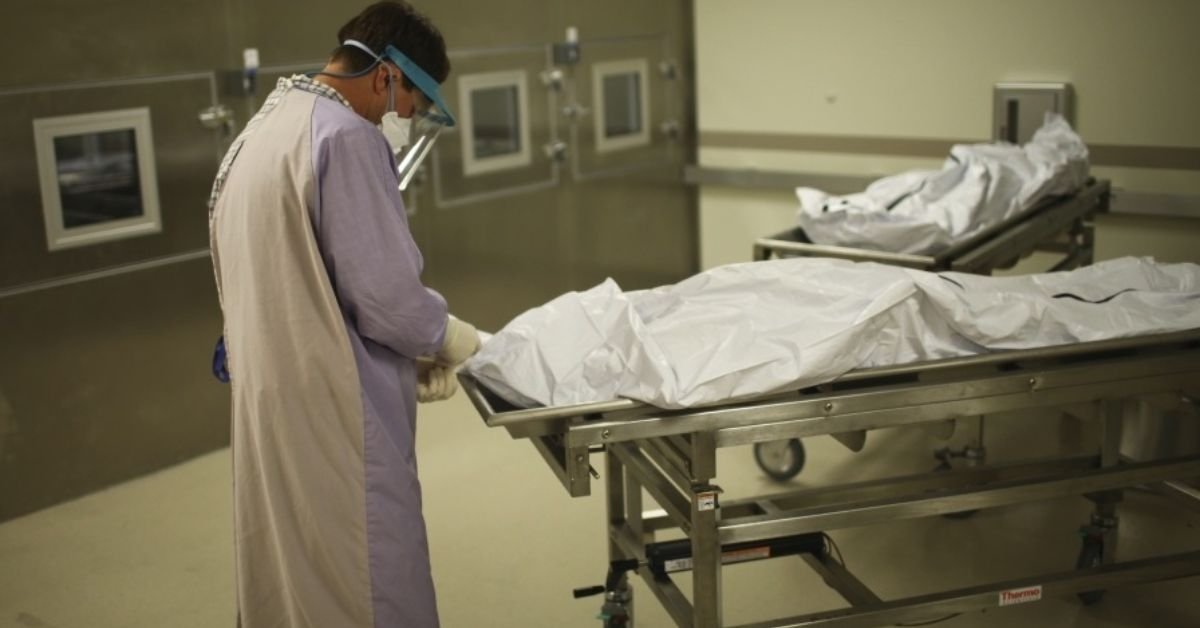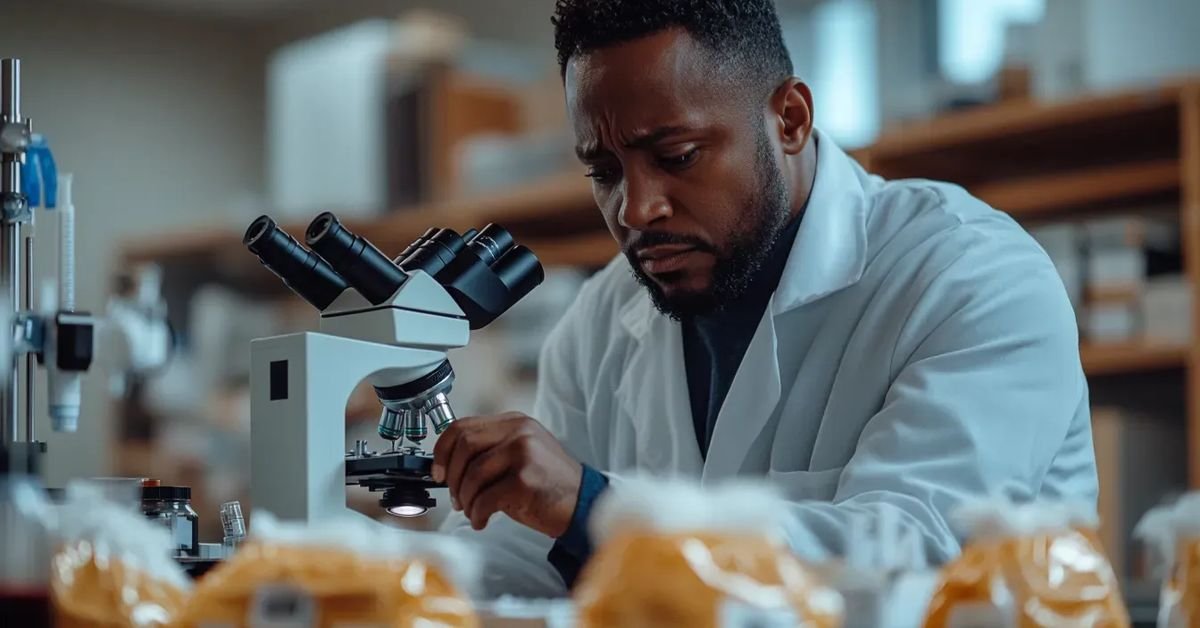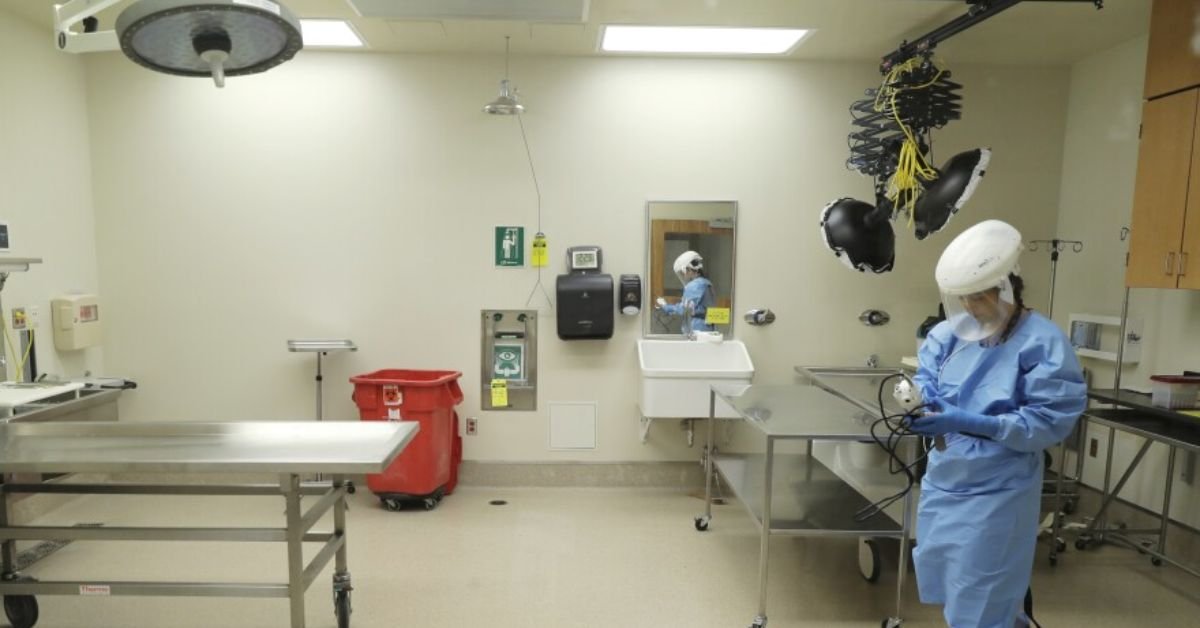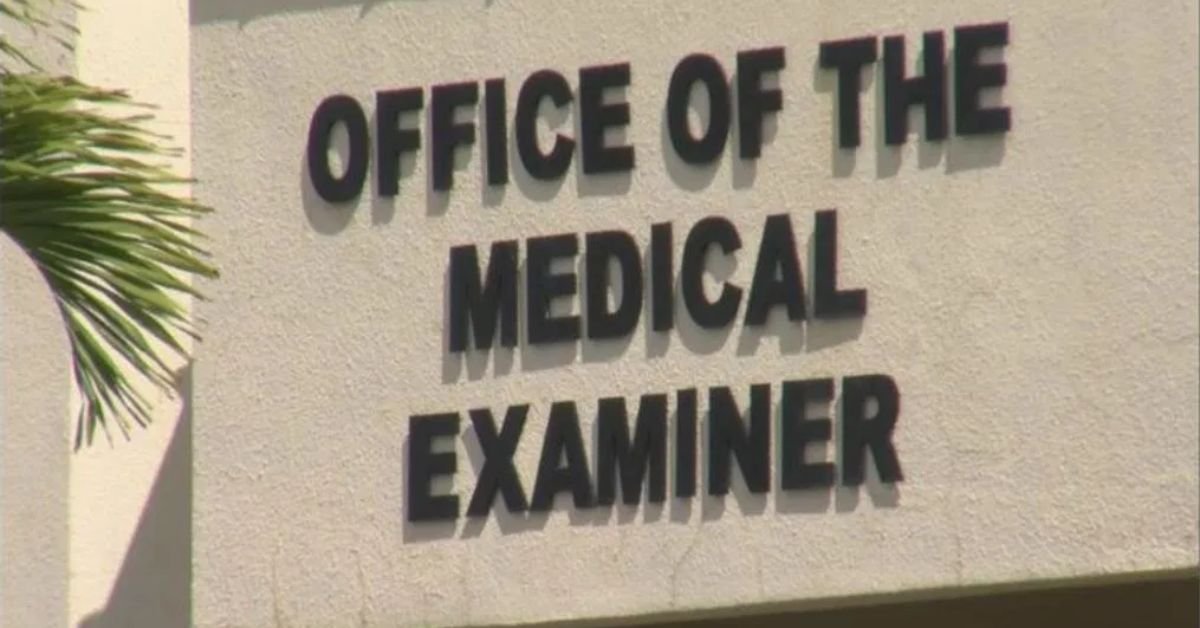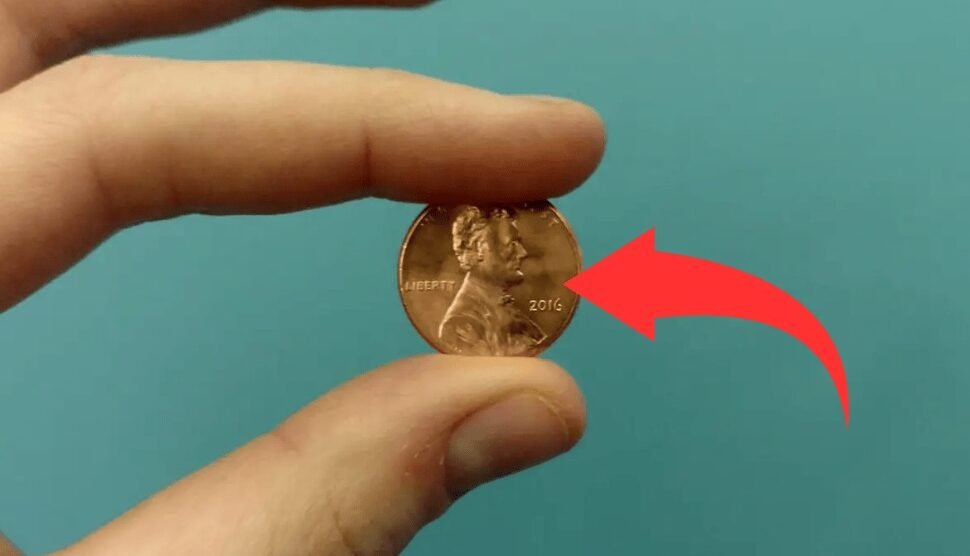Florida’s forensic services are delivered through a decentralized yet coordinated network of public agencies, laboratories, and medical examiner offices. These services support criminal investigations, legal proceedings, and public safety efforts across the state. The organizational structure integrates law enforcement, forensic science, and medicolegal death investigation under clearly defined statutory frameworks. This article provides an overview of the key entities involved in the forensic services system in Florida, focusing on governance, operational roles, and interagency collaboration.
1. Florida Department of Law Enforcement (FDLE)
The Florida Department of Law Enforcement (FDLE) is the central coordinating body for state-level forensic services. Its responsibilities include operating regional crime laboratories and overseeing standards for evidence processing, criminalistics, and quality assurance.
Key Components:
- Crime Laboratory System: FDLE manages five regional crime laboratories located in Tallahassee, Jacksonville, Orlando, Tampa, and Pensacola.
- Services Provided:
- DNA analysis
- Firearms and toolmark examination
- Latent fingerprint identification
- Drug chemistry
- Toxicology
- Accreditation: FDLE labs are accredited by the ANSI National Accreditation Board (ANAB) to meet ISO/IEC 17025 standards.
FDLE also oversees the Medical Examiners Commission (MEC) and coordinates interagency forensic policy development.
2. Medical Examiners Commission (MEC)
Operating under FDLE, the Medical Examiners Commission provides oversight and governance of Florida’s 25 medical examiner districts.
Responsibilities:
- Appoints district medical examiners
- Sets minimum standards for autopsies and death investigations
- Conducts performance reviews
- Coordinates disaster victim identification
The MEC ensures that death investigations meet legal and ethical requirements, as defined in Chapter 406, Florida Statutes.
3. District Medical Examiner Offices
Florida is divided into 25 medical examiner districts, each with its own office. These are typically funded by county governments and staffed by forensic pathologists, medicolegal death investigators, and administrative personnel.
Functions:
- Investigate deaths under legal jurisdiction (e.g., sudden, violent, unattended deaths)
- Perform autopsies and toxicology tests
- Issue cause and manner of death determinations
- Collaborate with law enforcement and prosecutors
Each district operates independently but adheres to MEC guidelines for uniformity and accountability.
4. Local Law Enforcement Agencies
City police departments and county sheriff’s offices frequently maintain in-house or contracted forensic units, including:
- Crime Scene Investigation (CSI) Units
- Digital Forensics Divisions
- Evidence Processing Teams
These units work closely with FDLE laboratories and medical examiner offices for integrated case analysis and evidence management.
5. Academic and Research Institutions
Several Florida universities contribute to forensic science through education, research, and laboratory partnerships:
- Florida International University (FIU) – Offers a FEPAC-accredited forensic science program and supports research in crime scene reconstruction and toxicology.
- University of Florida (UF) – Operates online graduate programs in forensic science and collaborates with state agencies on forensic innovation.
These institutions serve as training grounds for future forensic professionals and help maintain workforce development in the state.
6. Interagency Collaboration and Data Sharing
Coordination among agencies is critical for effective forensic service delivery. Key collaborative frameworks include:
- FDLE Integrated Criminal History System (ICHS)
- Combined DNA Index System (CODIS) participation
- Florida Violent Death Reporting System (FL-VDRS), managed by the Department of Health
- Disaster Victim Identification (DVI) coordination through the MEC and local emergency management agencies
These systems ensure timely information exchange and operational continuity during critical incidents.
7. Quality Assurance and Accreditation
Maintaining high standards in forensic services is essential for the integrity of the criminal justice process. FDLE laboratories follow rigorous quality assurance protocols and undergo regular internal and external audits. These procedures ensure compliance with scientific and legal standards, minimize errors, and sustain public confidence.
Each lab adheres to Standard Operating Procedures (SOPs) for different forensic disciplines. These procedures are reviewed regularly to incorporate new scientific methods, address case law developments, and implement best practices.
8. Training and Professional Development
Ongoing training is a critical component of Florida’s forensic infrastructure. Forensic professionals, including analysts, technicians, and investigators, participate in continuing education, certification renewal, and specialized training provided by FDLE and national organizations.
In addition, affiliations with professional bodies such as the American Academy of Forensic Sciences (AAFS) and the International Association for Identification (IAI) provide resources for ethical practice, technical development, and certification.
9. Use of Technology and Innovation
Florida’s forensic services are supported by advanced technologies that enhance investigative capacity. Examples include:
- Rapid DNA Systems for quick biological profiling
- 3D Laser Scanning and Geospatial Mapping for crime scene reconstruction
- Advanced Digital Forensics Tools for analyzing data from computers, mobile devices, and network servers
These tools aid investigators in resolving complex cases and presenting clear evidence in judicial settings.
10. Public Health and Forensic Linkages
Forensic services also play a role in public health monitoring. Data from medical examiner offices are shared with the Florida Department of Health to monitor trends in drug overdoses, suicides, and other critical causes of mortality.
Such cooperation supports statewide health surveillance programs and enhances preparedness for public health emergencies.
Conclusion
The structure of forensic services in Florida is marked by a multi-agency, district-based model designed to ensure regional autonomy and centralized oversight. The FDLE, Medical Examiners Commission, and district-level offices collaborate with law enforcement, academic institutions, and public health agencies to deliver legally sound and scientifically reliable forensic services. This structure ensures that evidence is processed with integrity, investigations are supported by specialized expertise, and death inquiries meet both legal and ethical standards.
References:
- Florida Department of Law Enforcement: https://www.fdle.state.fl.us
- Florida Statutes Chapter 406: http://www.leg.state.fl.us/statutes
- Medical Examiners Commission: https://www.fdle.state.fl.us/MEC
- FIU Forensic Science Program: https://case.fiu.edu/forensic-science
- UF Forensic Science Programs: https://forensicscience.ufl.edu
- ANSI National Accreditation Board: https://anab.ansi.org
